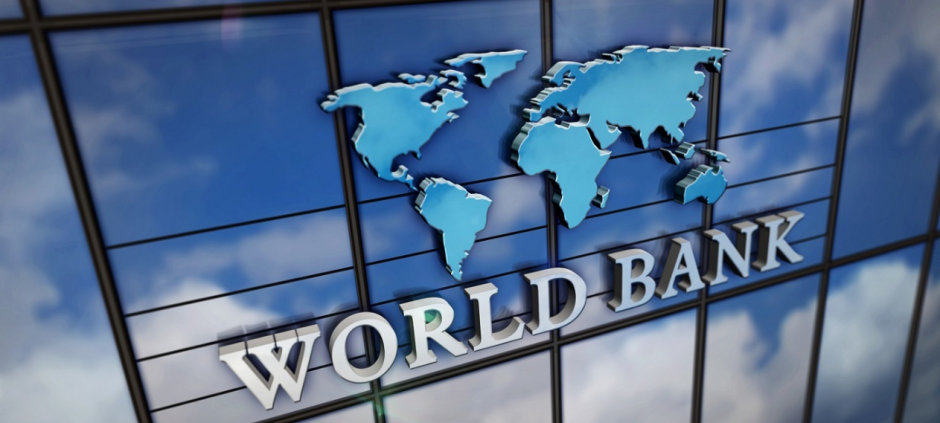The World Bank has canceled a $500-$600 million budget support loan to Pakistan under the Affordable and Clean Energy (PACE-II) program due to the country’s failure to meet key conditions, including the renegotiation of China-Pakistan Economic Corridor (CPEC) power purchase agreements. This decision could significantly impact Pakistan’s financial plans, as the government had estimated receiving $2 billion in loans during the current fiscal year.
Pakistan’s inability to renegotiate with CPEC power plants has been a major sticking point. Despite government efforts to reduce electricity prices by renegotiating energy deals with power plants under different policies, including those from 1994, 2002, and 2015, little progress has been made in reducing per-unit costs, which remain around Rs65 to Rs70 per unit.
Also Read: Pakistan And IMF Loan Talks Inconclusive
The World Bank has expressed concerns about the inefficiencies of power distribution companies and the rising circular debt, which hit Rs2.393 trillion in the last fiscal year. The slow progress on reforming the power sector, particularly the failure to meet private sector participation targets, prompted the World Bank to shift its lending strategy. As of now, no new budget support loan is expected for the current fiscal year, complicating efforts to bridge a $2.5 billion external financing gap identified by the International Monetary Fund (IMF).
Despite these challenges, Finance Minister Muhammad Aurangzeb remains optimistic, stating that Pakistan will now seek loans on more favorable terms. However, with the country’s current CCC-Plus credit rating, accessing global markets through instruments like Eurobonds remains difficult.











